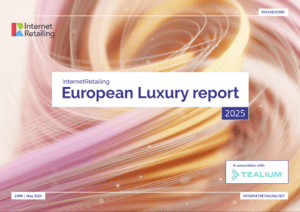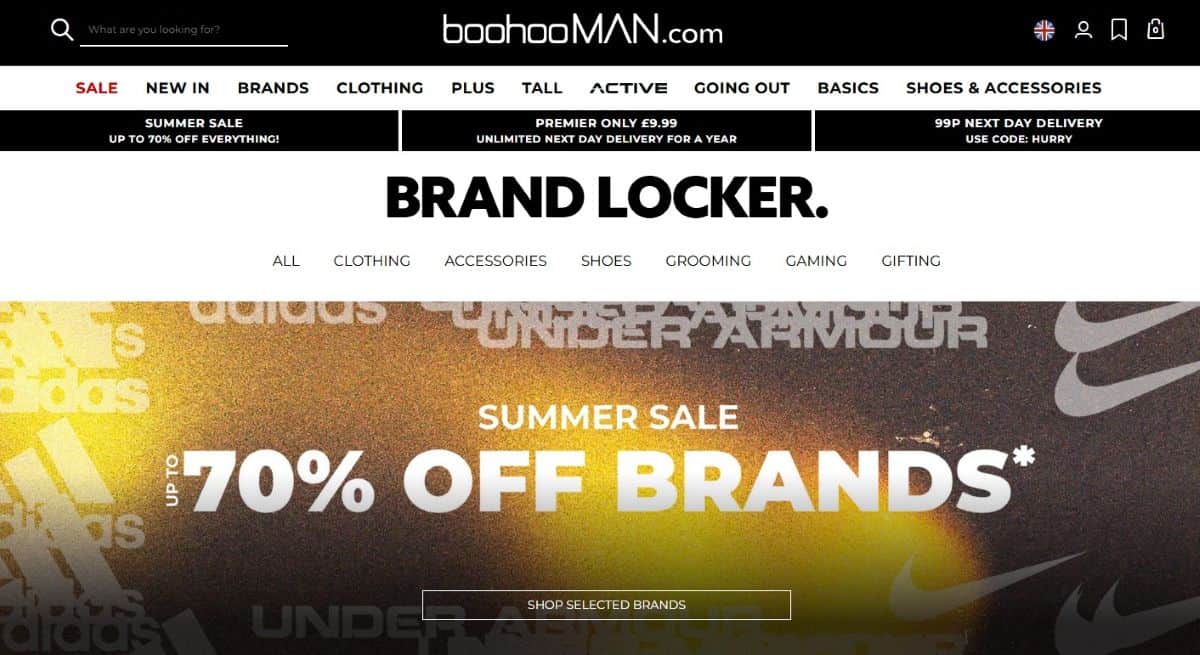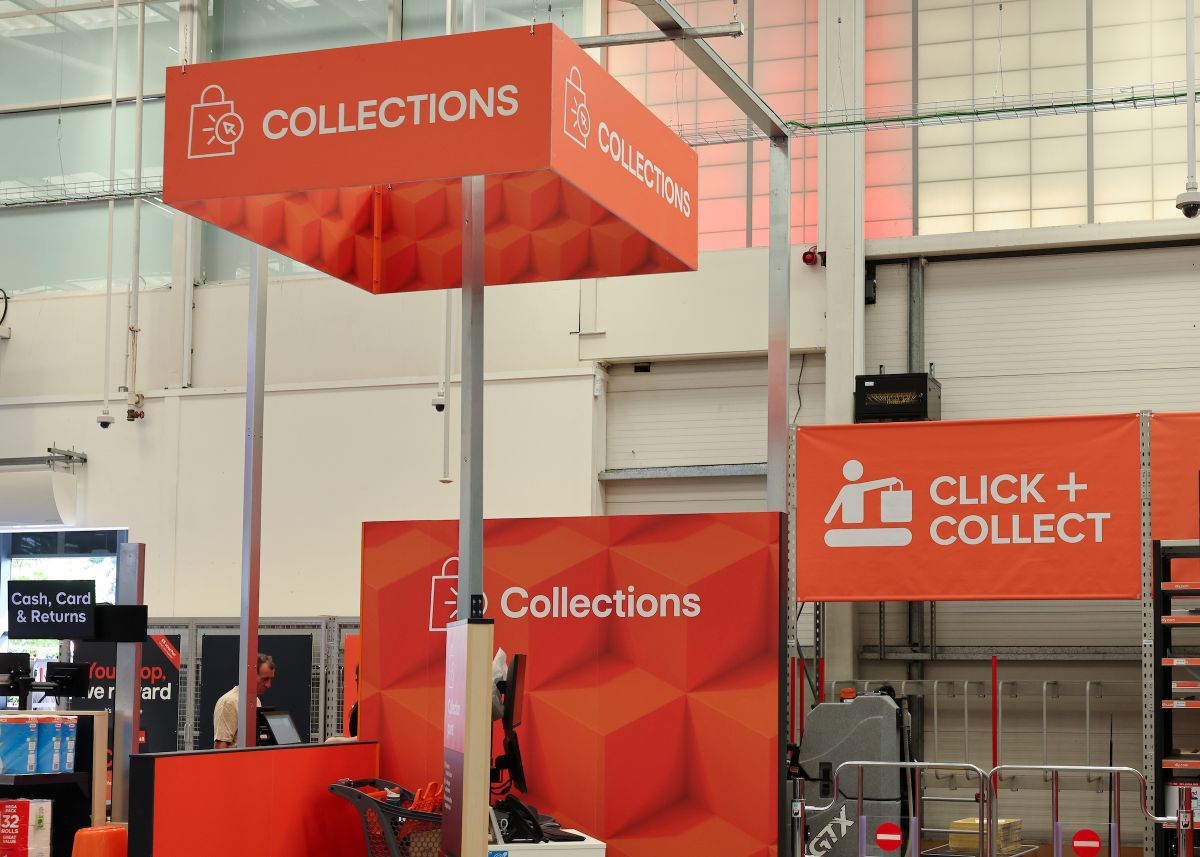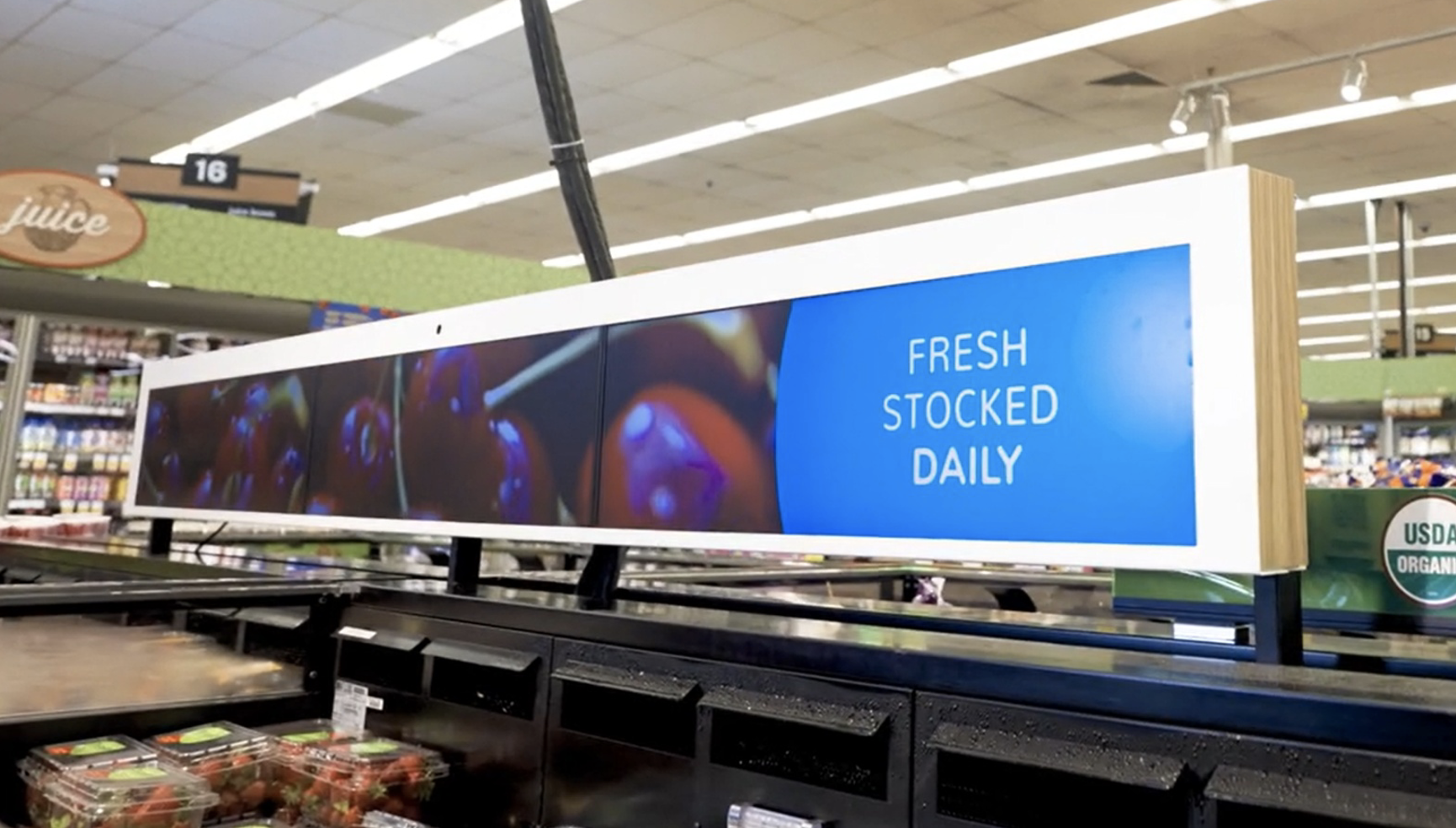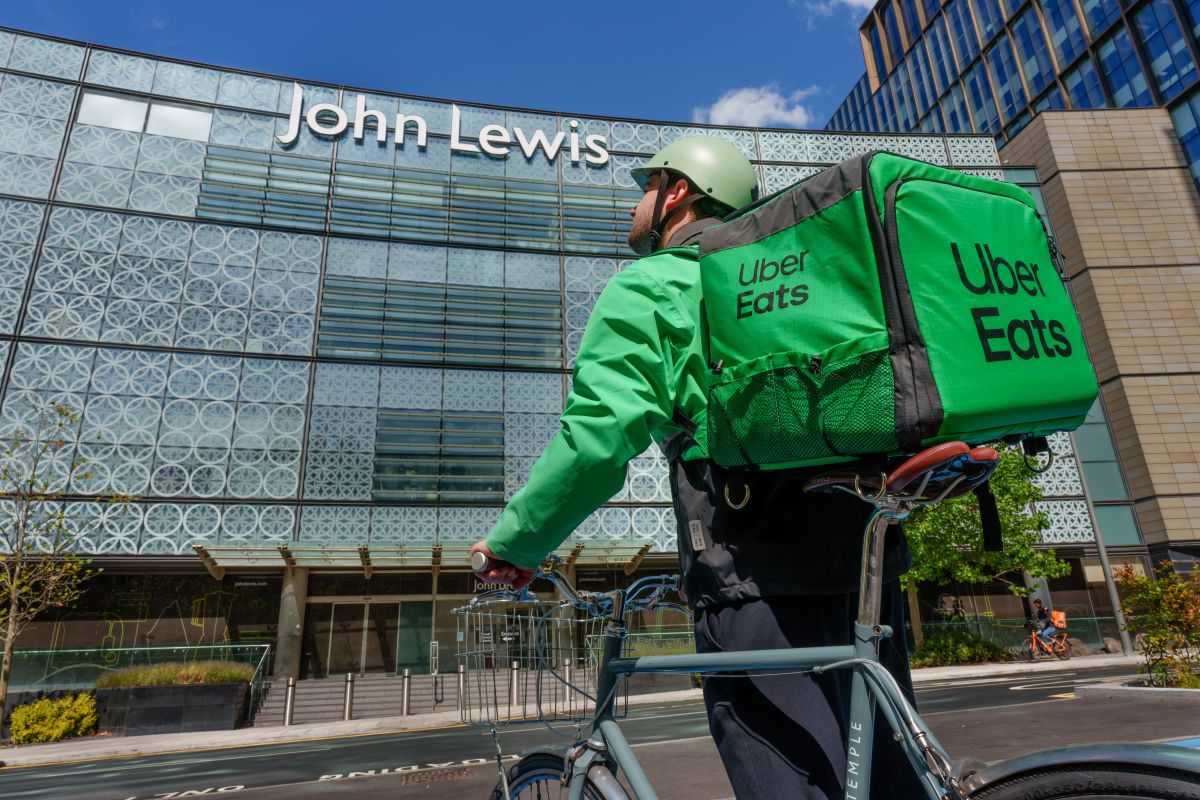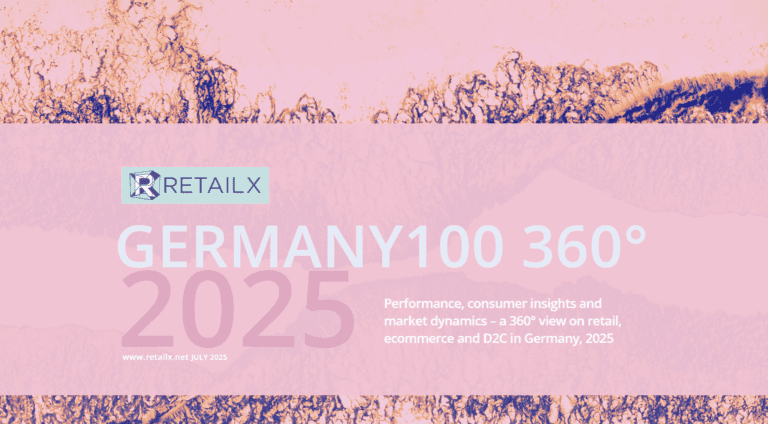The appeal of luxury shopping has always been the level of the craftsmanship of the product and the near limited edition quality, together with a sense of experience and elevated customer service, according to the newly published InternetRetailing’s European Luxury 2025 report.
For many years, shopping for luxury in beautiful boutiques has involved a sense of theatre. As with all sectors of retail, the growth of ecommerce and the technology that supports it has seen consumers harness the convenience of online shopping. Whether for research purposes, click & collect services or the whole shopping journey, consumers are increasingly using ecommerce tools, even for luxury purchases.
ConsumerX research reveals that half are now using their smartphones for buying luxury items, with 38% visiting stores or using a desktop computer.
Social media’s impact
With advancements in smartphone technology enabling shoppers to connect with luxury brands on a new level, this move to mobile is unsurprising. However, despite the emergence of cutting-edge technologies, such as virtual or augmented reality, widespread consumer adoption remains limited.
In contrast, social media platforms have become an indispensable tool for customer engagement. A quarter of luxury consumers have liked a product on social media in the past year, with 19% following a luxury brand. However, with only 9% of consumers purchasing a luxury item through social commerce, this suggests it is currently being used simply as a discovery tool, and that brick-and-mortar retailers remain safe in the knowledge that for luxury, consumers prefer the physicality of stores.
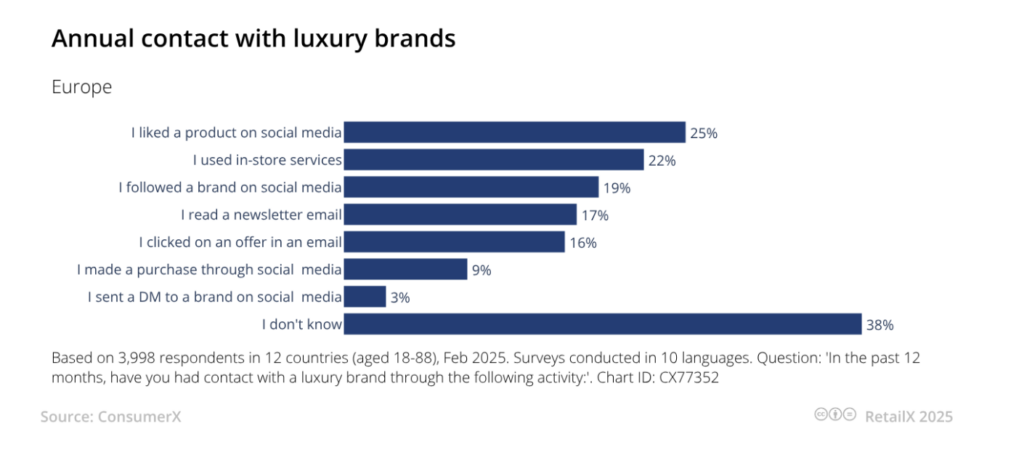
Why shoppers purchase luxury
Shoppers are attracted by immersive brand environments and the prestige of shopping in renowned luxury stores. This sense of prestige continues to the products themselves, and being seen with them. There is often a feeling of exclusivity with many limited edition products. It may be an urban myth that there is a Hermès bag waiting list, but Birkin bags are undeniably difficult to purchase.
Longevity, quality and sustainability
If shoppers manage to get their hands on these luxury items, it is often because they are regarded as an investment. ConsumerX research shows 55% of luxury shoppers are drawn to the inherent value of luxury products. This perception of value is mirrored in the desire for quality, with 44% of luxury shoppers attracted to the unwavering focus on craftmanship that luxury brands consistently deliver.
When compared to ‘standard’ products, the allure of luxury becomes even more apparent. A considerable 69% of consumers opt for luxury goods due to their superior quality, with 43% of consumers expressing greater trust in luxury brands.
Additionally, 32% of consumers appreciate the longevity of luxury products, recognising that these items are built to last and retain their value over time. This lasting value makes many luxury products prime for resale, and 31% of consumers shopping for luxury products are currently interested in making sustainable choices.
This is an excerpt from the new InternetRetailing’s European Luxury 2025 report. The report explores the impact of economic uncertainty and changing consumer preferences on European luxury retailers, highlighting how some brands are adapting through strategies such as circular business models and technology adoption.
It features bespoke consumer research revealing what European shoppers are buying, their preferred channels, and why they continue to purchase luxury goods, often valuing the premium experience, quality, and sustainability offered by these brands.
Stay informed
Our editor carefully curates two newsletters a week filled with up-to-date news, analysis and research, click here to subscribe to the FREE newsletter sent straight to your inbox and why not follow us on LinkedIn to receive the latest updates on our research and analysis.

